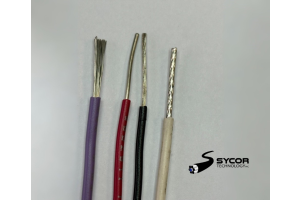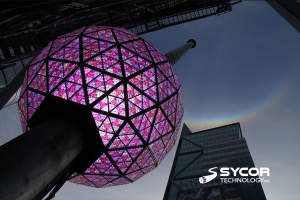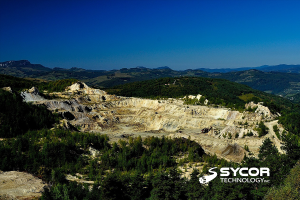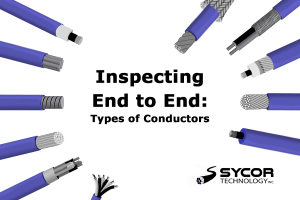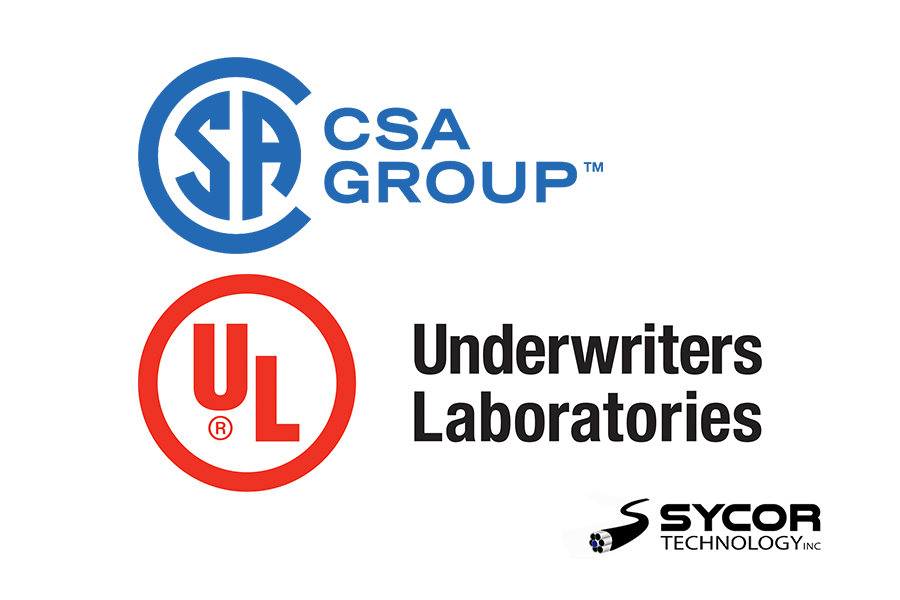
Wire & Cable Certification
Wire and cable are used within almost every aspect of society and are accompanied by specific approvals that vary based on an application's geographical location. For example, the rating CSA is explicitly aimed at Canada, while UL was originally created for the United States. UL interestingly is one of the most popular around the world, as they have locations in 46 different countries. Lastly, different cabling certifications are application-based, not product-based. For example, CSA FT4 is certified for installation in building risers and residential environments, where the different wire routes aren't within general air handling plenum spaces (the space above a drop ceiling, which is used as a return air path for HVAC systems).
Selling Internationally
An important note to highlight is that people who sell internationally are still required to abide by their consumer's country's regulations, which can sometimes make business extremely costly and difficult. It's a common practice for larger organizations to buy wire internationally in extremely large quantities, use it however required, and then sell the finished product (with required certifications) back to the country where the raw materials originated. This strategy is very useful but will often increase the final product price significantly.
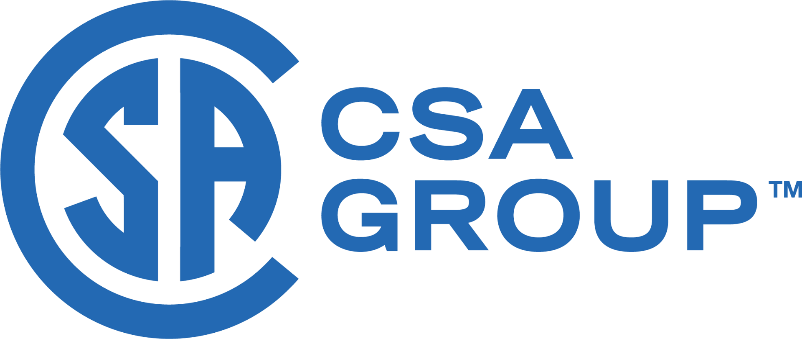
CSA Group - Canadian Standards Association
As the full name suggests, the CSA is a Canadian standard, which means it mainly applies to Canadian products and services. The CSA Group covers standards in 57 different areas. The physical entity is composed of individuals from different industries, consumer groups, and government entities. This group was first formed in 1919 and was developed in order to create standards for specific types of products such as electrical and electronic equipment, industrial equipment, boilers and pressure vessels, compressed gas handling appliances, environmental protection, and construction materials.
Today CSA uses the developed CAN/CSA Z299 series of quality assurance standards, which is an alternative to the popular ISO 9000 series, that's so heavily relied on today. Provinces and states across North America rely on the nationally recognized testing laboratory, which also passes about 47% of all legislation laws.

What is ISO 9000?
ISO 9000 is a family of quality management systems (QMS). These systems are a set of standards that are put in place to help organizations meet the requirements of customers, stakeholders, and other regulatory standards that specific applications require. When an organization receives the ISO certificate, that doesn't mean the entity is completely certified. ISO has a number of certifications and will only issue the ISO 9001 to a finished individual product, which is a designated compliance certificate. In other words, ISO 9000 is the general certificate, while ISO 9001 is the completed product that will be sent to the customer.
ISO, similar to UL and CSA, has several different certifications that fall under its ISO.
Some of these are:
- ISO 19011: Guidelines for Auditing Management Systems
- ISO 9004: Quality of an Organization - Guidance to Achieve Sustained Success
- ISO 14000: Environmental management systems
- ISO 26000: Guidance on social responsibility
- ISO 31000: Risk Management Principles and Guidelines
A common misconception about ISO 9000 and ISO 9001 is that you need the official certificate in order to supply that certification, which is not entirely true. Sycor, as a distributor, has the ability to purchase pre-certified ISO 9000 products. What's interesting to note is the exact same product that was certified by a manufacturer can only be distributed as a product that "conforms" to ISO 9000. Most major manufacturers use ISO 9000 as many customers require it for their end product, but unless distributors re-certify the exact same product, the product technically only conforms to ISO 9000.
|
Top 10 countries for ISO 9001 certificates (2014) |
||
|
Rank |
Country |
No. of certificates |
|
1 |
China |
342,801 |
|
2 |
Italy |
168,960 |
|
3 |
Germany |
55,363 |
|
4 |
Japan |
45,785 |
|
5 |
India |
41,016 |
|
6 |
United Kingdom |
40,200 |
|
7 |
Spain |
36,005 |
|
8 |
United States |
33,008 |
|
9 |
France |
29,122 |
|
10 |
Australia |
19,731 |
|
Worldwide ISO 9001 Certificates |
|
|
Rank |
No. of Certificates |
|
2000 |
409,421 |
|
2001 |
510,616 |
|
2002 |
561,747 |
|
2003 |
567,985 |
|
2004 |
660,132 |
|
2005 |
773,867 |
|
2006 |
896,929 |
|
2007 |
951,486 |
|
2008 |
982,832 |
|
2009 |
1,064,785 |
|
2010 |
1,118,510 |
|
2011 |
1,111,698 |
|
2012 |
1,096,987 |
|
2013 |
1,126,460 |
|
2014 |
1,138,155 |
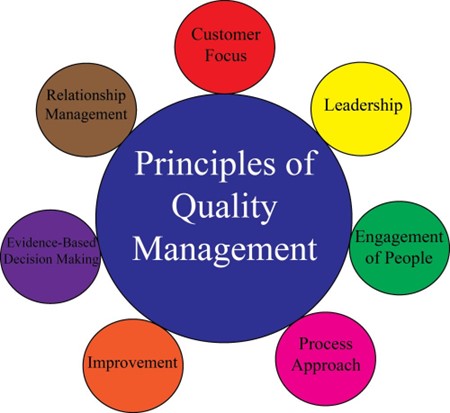
ISO 9000: 7 Key Principles of Quality Management
Principle 1 – Customer Focus
Organizations depend on their customers and therefore, should understand current and future customer needs, meet customer requirements, and strive to exceed customer expectations.
Principle 2 – Leadership
Leaders establish unity of purpose and direction of the organization. They should create and maintain an internal environment in which people can become fully involved in achieving the organization's objectives.
Principle 3 – Engagement of People
People at all levels are the essence of an organization, and their full involvement enables their abilities to be used for the organization's benefit.
Principle 4 – Process Approach
A desired result is achieved more efficiently when activities and related resources are managed as a process.
Principle 5 – Improvement
Improvement of the organization's overall performance should be a permanent objective of the organization.
Principle 6 – Evidence-Based Decision Making
Effective decisions are based on the analysis of data and information.
Principle 7 – Relationship Management
An organization and its external providers (suppliers, contractors, service providers) are interdependent and a mutually beneficial relationship enhances the ability of both to create value.
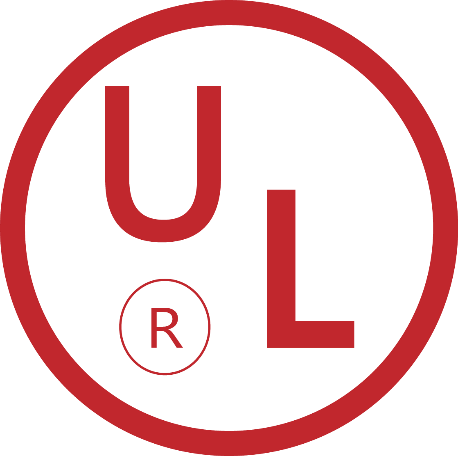
UL - Underwriters Laboratories
Underwriters Laboratories was founded in 1894 by William Henry Merrill. Henry Merrill, upon the creation of the organization, began developing standards, launching tests, designing equipment, and uncovering potential hazards. UL, being very similar to CSA, covers a broad range of products, not just electrical equipment. Over the years, the organization expanded to 64 different laboratories, as well as testing and certification facilities, which serve various customers in 104 different countries. In the past, UL only focused on electrical and fire safety, but over the years, it has begun regulating hazardous substances, water quality, performance testing, safety, compliance education, and environmental sustainability. UL is probably the most recognized certification in the electrical industry because of its broad range of electrical certifications, covering most, if not all, types of electrical products.
When it comes to electrical wire, cable, tubing, and other electronic devices, there are thousands of different certifications that fall into a variety of different standards that specific countries release. Overall, every wire and cable certification has been put in place to enable the safest, most cost-effective, and consistent outcome. Whether you live in Canada, the U.S., England, or Australia, every country's wire and cable requirements have been specifically put in place to make applications in their specific geographical location a consistently safe reality.
For more information about us:
Call Toll Free - 1.800.268.9444 or Email Us - [email protected]


